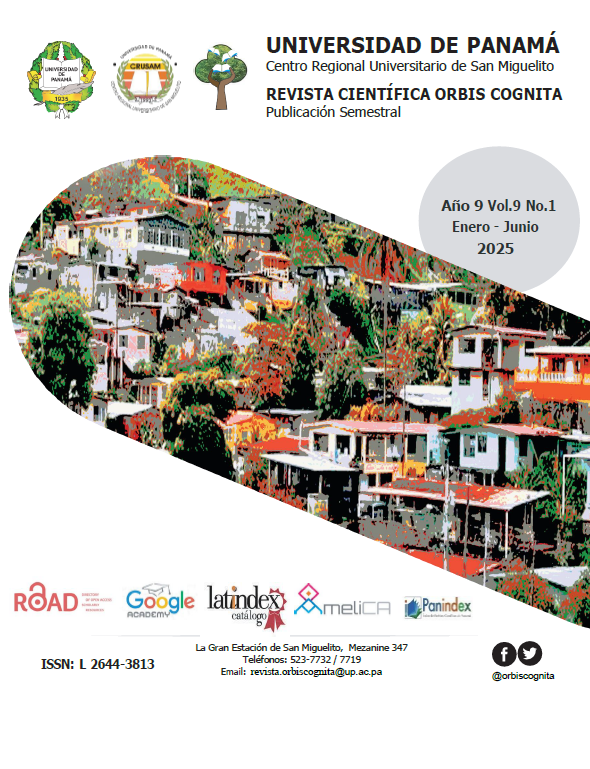

Copyright (c) 2025 Revista Científica Orbis Cógnita

This work is licensed under a Creative Commons Attribution-NonCommercial-ShareAlike 4.0 International License.
The main objective of this research is to evaluate the flaws in the application of the principle of equality of the parties in the Santiago Accusatory Criminal System (SPA). In addition to analyzing the current situation regarding its applicability, it seeks to identify the main benefit that this principle provides. To do so, its importance within the criminal process is described. The methodology used is quantitative, descriptive and non-experimental. A survey was applied to a sample of fifteen lawyers who work or have worked in the SPA of Santiago, and the results are presented through graphs. The findings of the research reveal that the main flaw in the application of this principle lies in political intervention. This factor significantly influences the privileges or preferences granted to certain involved parties, considerably affecting the impartiality of the criminal process. The research indicates that the relationship with political figures, family ties or political status itself can allow those involved to avoid greater sanctions, which encourages impunity and generates a feeling of injustice for the opposing party. It is also concluded that the principle of equality of the parties is not applied rigorously and consistently in all cases. However, it is determined that its main benefit is the promotion of equitable treatment, which contributes to the reduction of inequality in criminal proceedings.